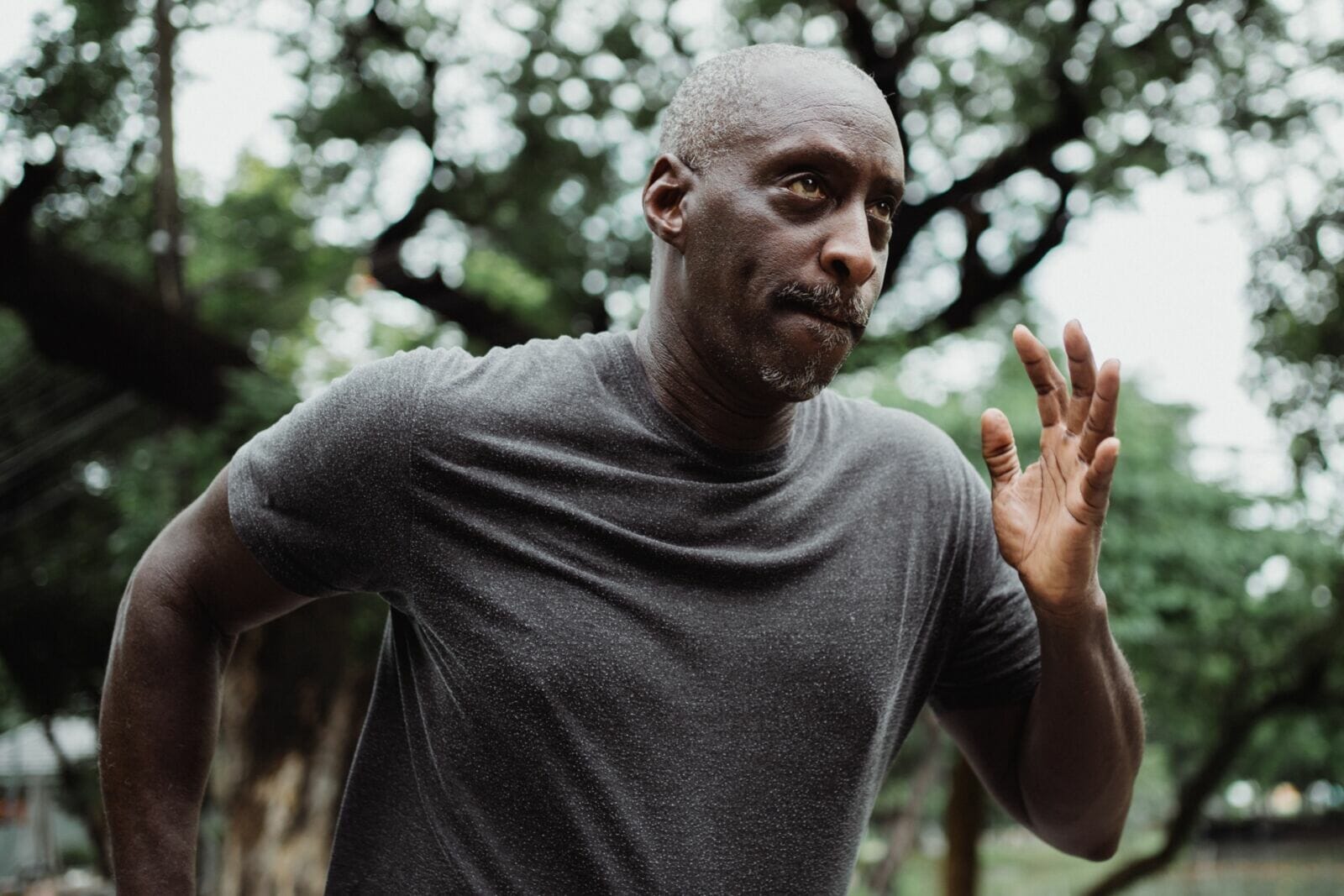Testosterone is a hormone in both men and women, but it’s often more vital to a man’s health. The levels of this hormone can drop due to various health conditions and aging, resulting in various potentially dangerous or unpleasant symptoms. You and your doctor might consider testosterone replacement therapy, or TRT, to restore levels to normal. It helps to know what testosterone is, the signs and symptoms of low testosterone levels, and who might qualify for TRT.
What Is Testosterone?
Hormones are the chemical messengers inside bodies that travel from one organ or part to another. In doing so, they regulate many physical functions, the brain sends signals to pituitary gland when testosterone needs to be produced or not. The constant back and forth should keep testosterone levels within a normal range, and the human body relies on this hormone for many different things. They include the production of sperm, libido, the growth and strength of bones and muscles, and the development of genitals, voice deepening, and pubic and facial hair in male puberty. Testosterone can also impact the normalization of emotional moods.
Signs and Symptoms of Low Testosterone
Low testosterone in a man might go by the medical terminology of hypogonadism. If you’re concerned you might have this condition, watch out for the following signs and symptoms of low T so you can discuss them with your doctor.
Low Libido
One of the first warning signs of low T that many men notice is a decrease in their levels of sexual desire. Libido varies throughout a person’s life, but you will likely notice it changes for you. This might manifest as your sexual desires having lower intensity, less frequency in your desires, or both at the same time.
Fatigue and Decreased Energy
Low testosterone levels can leave you fatigued. Being tired at the end of a long day is normal, but chronic exhaustion and burnout are more pervasive. If your diet, sleep, and exercise are normal, but you have difficulty concentrating and finding motivation for daily activities, fatigue might be an issue.
Loss of Muscle Mass and Strength
As people age, many progressively lose muscle strength and mass. This might happen because testosterone levels frequently drop over time, too. Losing too much vigor in your musculoskeletal system can be a factor in falls, frailty, and fractures in old age, compounding the risks of surgery, hospitalization, and death.
Increased Body Fat
Individuals with lower levels of testosterone might wind up generating more fat cells or bigger ones among those already present. Excessive fat leads to obesity, chronic inflammation, and disruption to healthy metabolism. Many of these cells resist insulin, increasing the odds of cardiovascular disease and type 2 diabetes.
Mood Changes
Mood swings can be normal responses to daily stress, but low testosterone can take them to extremes that disrupt your everyday life and relationships with people. In some cases, individuals might experience suicidal feelings and thoughts.
Decreased Bone Density
One of the more elusive symptoms of low T is decreased bone density. When bones lose mineral density, they are more likely to fracture. Healthy bones are crucial to proper posture and staying upright but are not as solid as many believe. They feature a honeycomb structure with minuscule holes that help them stay light and springy. Loss of bone density thins the outer walls and means bigger holes that reduce the structural integrity.
Who May Benefit From TRT?
Several different groups of men can benefit from TRT. For starters, some men develop this due to aging. It got easier to measure low testosterone levels in the 1970s, and soon doctors were checking the levels of all age groups of men. Not long after, the medical community noticed that testosterone started decreasing in many men in their fourth and fifth decades. Low levels of testosterone are frequently diagnosed when the following four criteria are met:
1. Testosterone levels under 300 ng/dL
2. Erectile dysfunction
3. Fewer morning erections
4. Decreased occurrence of sexual thoughts
TRT might also help men whose low testosterone levels impact the quality of their daily lives. Low T might involve sexual dysfunction, metabolic syndrome, cardiovascular disease, osteoporosis, depressed mood, cognitive impairment, and social functioning. Even with these effects, many men are hesitant to try TRT. Their worries aren’t always about safety or effectiveness, as some wonder how much does TRT cost? Anyone interested in the treatment program’s details and potential total cost should know that asking about the cost of TRT can give them the information they seek. Inquiring about the treatment costs doesn’t commit them to doing it; they’ll know the dollar price before deciding.
Certain medical conditions can result in men having low T levels, including the following:
● Use of alcohol, corticosteroids, or chemotherapy drugs
● Autoimmune diseases
● Chronic kidney, liver, or obstructive lung disease
● Type 2 diabetes
● Genetics
● Testicular cancer disease or treatment
● Heart failure
● Obesity and metabolic disorders
● Testicular injuries
● HIV/AIDS
● Infections
HGH Might Also Help
TRT can help you if your levels are low to the point of needing restoration, but HGH might help with other issues. We don’t provide supplements to bodybuilders or work with children, but we do offer help to adults with a diagnosed HGH deficiency. Contact us for a consultation whether it’s TRT, HGH, or other physical health issues. Blood tests can verify deficiencies and lead to any prescriptions you might need.




